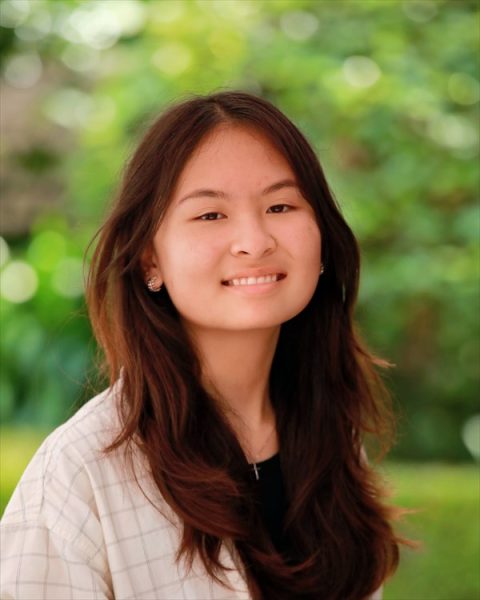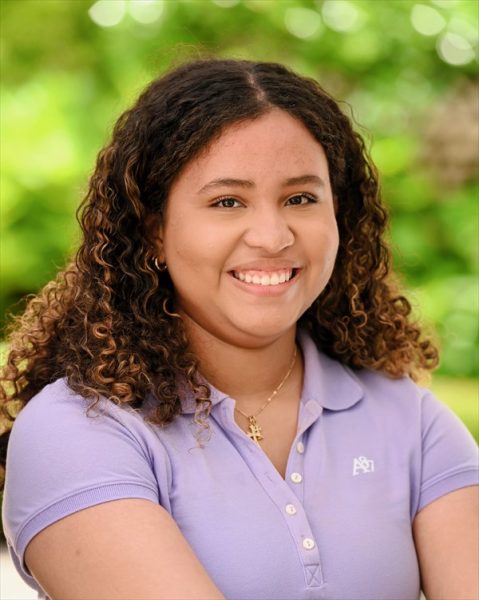Sex is personal, sex-ed should be too
October 12, 2021
The absence of sex education in high school goes virtually unnoticed due to the array of information available to students from classes, clubs, online resources and personal relationships that render it unnecessary.
Though sex-ed as a course is not offered at Convent & Stuart Hall, classes such as Gender, Power and Ethics, and Biology, inform students about sexuality, gender and reproduction. Simply because sex-ed is not a class of its own does not mean students are not educated on reproductive health and sexuality.
The topics taught in Biology share unbiased scientific descriptions of reproductive systems. Additionally, the Gender, Power and Ethics syllabus presents constructs of gender and education on sexuality.
These courses allow a baseline of understanding, without infringing on individual beliefs.
About four in ten teenagers in the United States attend religious services at least twice a month and 34% attend weekly or more often, according to the Pew Research Center.
Although sex education includes a wide range of topics, the topics are not universal, and in some cultural and religious contexts, the lessons of sex education are not relevant. It is not feasible for teachers to accommodate every religion while teaching sex education.
Considering the religious and cultural implications sex education may have, it is inappropriate for a teacher to talk to students about sexuality and reproduction. Education on topics regarding sex education should be a personal choice for families to make.
Nearly four out of every five female teenagers has talked to a parent about at least one of the topics covered in sex education, according to the Centers for Disease Control and Prevention.
With access to online resources, trusted friends and family, and information from other classes, sex education in high school could be redundant and a waste of resources.
Organizations such as sexetc.org and Planned Parenthood provide comprehensive educational tools for teenagers and adults seeking information.
Additionally, Sex-Ed club is open to students willing to join to ask questions and learn about sex education.
The absence of sex-ed is not synonymous with discrediting the information taught in sex education courses. Instead, it trusts young adults with their own health and allows them to customize their education in way that aligns with their personal values.
It is important that sex education is present in the lives of teenagers, however with accesibility to resources such as the internet, medical professionals and other school classes, students are able to get information elsewhere.
Due to the personal nature of sex, the education of it should be catered to individual beliefs and sexualities, something a school environment is not capable of.









